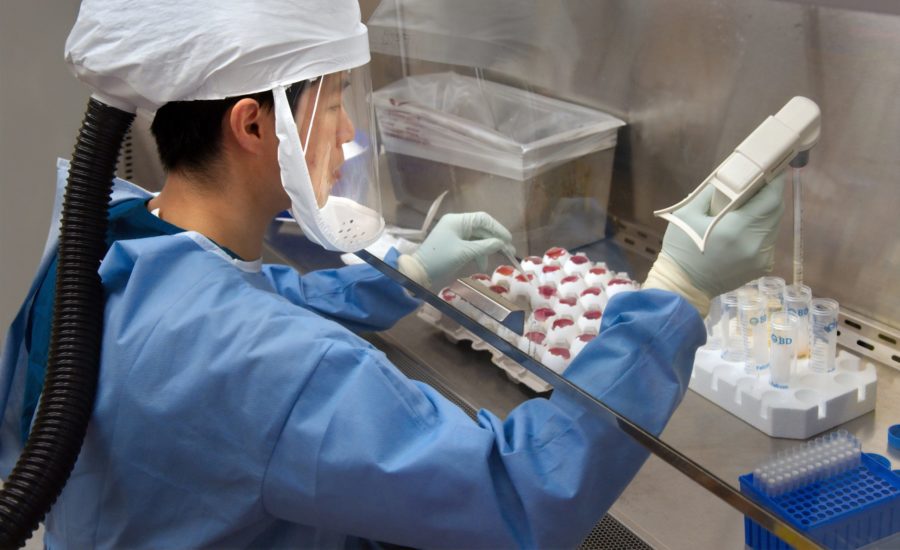Biotech stocks: are they worth a shot?
Despite some huge gains over the last few weeks, and interest from investors big and small, betting on vaccine companies is no different than playing roulette.
Advertisement
Despite some huge gains over the last few weeks, and interest from investors big and small, betting on vaccine companies is no different than playing roulette.

Share this article Share on Facebook Share on Twitter Share on Linkedin Share on Reddit Share on Email